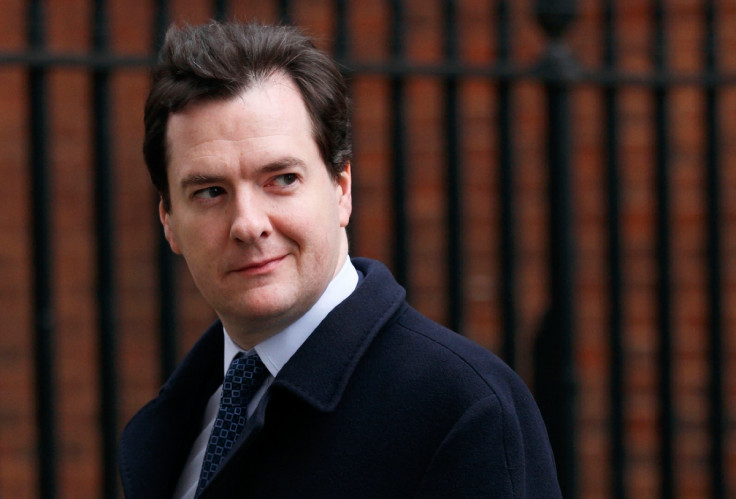Budget 2016: Gloomy George Osborne unveils downcast days of more cuts and higher taxes

The pressure is undoubtedly on George Osborne when he faces MPs to deliver his budget speech on 16 March. The chancellor is attempting to fight a political war on two fronts by keeping the UK in the EU and blocking leadership manoeuvres from the popular Mayor of London, Boris Johnson.
Osborne's image may have changed during his time in Number 11 – he now sports a slimmer waistline and a Caesar cut – but his prescription of doom, gloom and a 'long-term economic plan' has remained. As fears grow around China's economy, turmoil in the stock markets continue and stagnating oil prices, Osborne has warned of a "toxic economic cocktail".
The chancellor, once bullish on Beijing, seems to have dropped his Communist Party charm offensive. Another reason for Labour's John McDonnell not to throw Mao Zedong's Little Red Book across the dispatch box.
Osborne's pessimism means the UK is set for more public spending cuts. He said he would slash Whitehall costs by 0.5% or around £3.8bn by 2020. "It's not a huge amount in the scheme of things," he told BBC's Andrew Marr Show.
"And I think you can do it through looking as we always do at the best value for money, through efficiency and so on."
The move will help Osborne meet his budget surplus pledge for 2019/20, but will stir up more discontent from the trade unions. Unison recently accused Osborne of a "systematic attack" on the public sector after the Conservatives accepted a 1% pay rise for government workers. Prison service staff were the exception, with a 1.36% hike because of "highly ambitious" prison reforms.
Motorists are also expected to be smarting after Osborne's budget speech. The chancellor is tipped to raise fuel duty for the first time since 2011. The levy is currently set at 57.95p a litre for petrol and diesel, but motoring groups have warned the chancellor could raise the tax in line with inflation.
"It is true motorists have benefited recently from falling oil prices but the biggest driver of what we pay at the pumps is not Opec or the big oil companies but the chancellor," said Steve Gooding, the director of the RAC Foundation.
"In the unlikely event fuel retailers wanted to give petrol and diesel away for free they couldn't. Motorists would still pay 69.5p a litre on the forecourts: 57.95p in fuel duty and 11.6 p in VAT. Three quarters of the forecourt prices paid by motorists goes straight into the Treasury's coffers."
The proposal would also enrage Tory backbenchers, who have continuously lobbied Osborne to freeze the levy. Nevertheless, the budget is an economic balancing act and it seems the chancellor has jettisoned further radical pension tax reforms amid fears the measures could enrage Middle England ahead of the EU referendum.
In short, Osborne is set to unveil a rather bearish budget. But can the shrewd McDonnell capitalise on his increasingly assured media performances and successfully attack Osborne with his new found love for 'fiscal responsibility'?
© Copyright IBTimes 2025. All rights reserved.






















